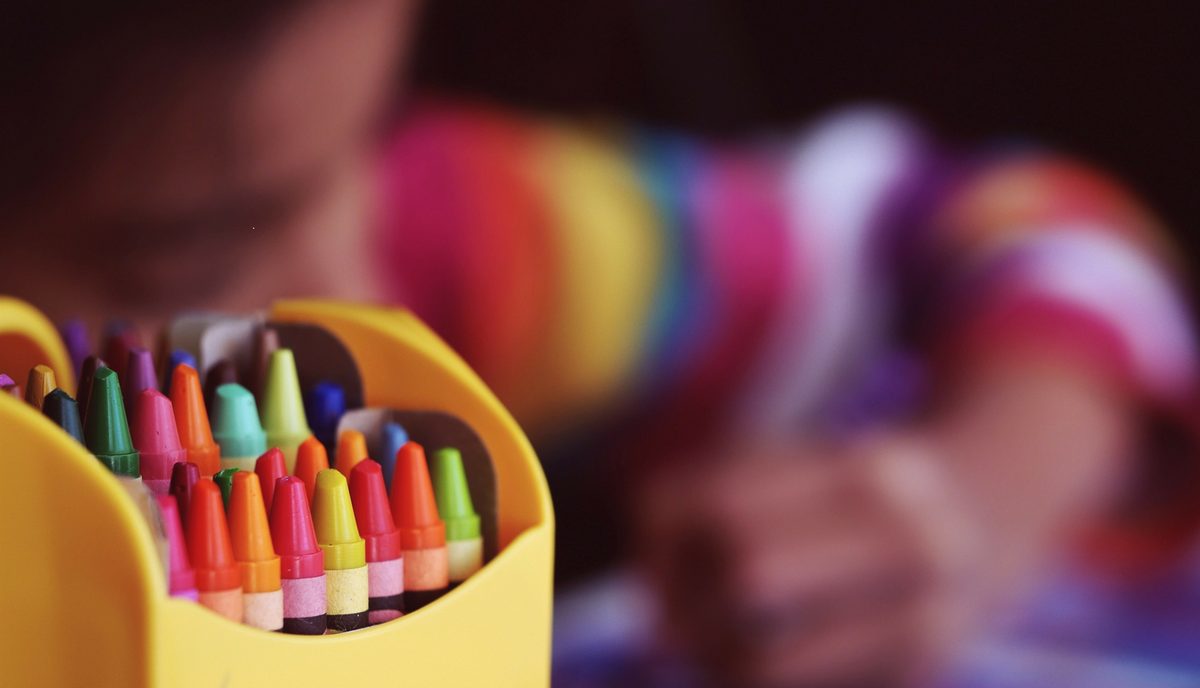

Research School Network: Canaries Down the Coalmine: What Next for Pupil Premium Strategy? By Marc Rowland – Unity Pupil Premium Adviser
—
Blog
Canaries Down the Coalmine: What Next for Pupil Premium Strategy?
By Marc Rowland – Unity Pupil Premium Adviser
Share on:

by Unity Research School
on the
What’s the issue?
The limited opening of schools will disproportionately impact on our most disadvantaged pupils, meaning they fall even further behind their more fortunate peers. The pandemic will have placed significant pressures on families. Issues around resources, lost learning time, peer relationships, relationships with teachers, talk, subject knowledge, curriculum breadth, structure, routine, social and emotional / mental health and physical wellbeing may have been impacted.
These issues are in addition to challenges schools were already trying to overcome with the attainment of disadvantaged pupils, with mixed results.
Dr Dan Nicholls has produced a sobering list of reasons the disadvantaged gap is widening during the pandemic in his (excellent) recent blog:
READ BLOG

I am also increasingly anxious about five things:
- Providing ICT equipment is being seen as the primary issue, which it is not, it is just one resource that may be helpful in addressing the issue. The key issues are literacy (especially vocabulary and oral language), self-regulation / motivation, relationships, SEMH and self-esteem and the enormous strains some disadvantaged families will be experiencing.
- These issues are not exclusive to pupils with a particular label.
- Whatever resources we provide for online learning, this will still be fallible (e.g. issues around demand for broadband, hardware, distractions).
- Current Y6, Y11 and Y13 are the forgotten voices at a strategic level; collateral. They will need greater support to progress smoothly to their next stages of life and learning.
- We mustn’t lose our focus on early intervention and the critical importance of the Early Years. For example, the point of transition between Nursery and Reception is as critical as any. Early intervention may be the way we limit the long term impact of the pandemic.

These issues are not exclusive to pupils with a particular label
What is our goal?
Our goal is to negate the worst effects of school closures on the attainment of disadvantaged pupils. The predictions are dire. The longer schools are closed, the more catastrophic the impact. We need to avoid our disadvantaged pupils being the canaries down the coalmine; we mustn’t accept that this will happen. We need to ‘Upstream’ – to solve the problem now, as explained here in Dan Heath’s article focussing on preventing teen substance abuse in Reykjavík, Iceland.
What should we do?
The issues are arguably not too difficult to bluntly anticipate. What we do about them is more challenging:
- ‘We’ is really important
Accountability from Ofsted, LAs and MAT leads should be focussing on how can we solve this, not why haven’t you solved this. We need to work together on this; simplistic judgements haunt our education system and lead to defensiveness and inertia.
- Staff retention and wellbeing are vital
Inconsistencies in staff attendance / high staff turnover can disproportionately impact on the most disadvantaged.
- Accurate assessment
Resist the temptation to assess pupils as working at ‘Age Related Expectations’, especially in foundation subjects. This helps no-one. It’s just a booby trap for the next teacher(s).
- Summer school type provision
Summer school type provision might be helpful for those most likely to have fallen behind. This should focus on SEMH and wellbeing, rather than academic learning. Getting the foundation stones for future achievement. Rushing towards a tsunami of intervention will mean that any initial gains will be built on sand.
- Focus on self-regulation
A focus on self-regulated learning should help. In particular, all teachers need to be upskilled on Recommendation 6 in the EEF guidance. Durrington Research School is leading some work on this. Pupils develop good self-regulated learning skills through expert teaching and learning, helping them to take ownership of their own learning.
- Rigorous diagnostics
Use rigorous diagnostic assessment to ensure that any distance learning addresses historical gaps. When schools reopen, high quality diagnostic assessment will be important, as some pupils will have learnt more than others during school closures. This can inform responsive teaching and additional support. - Small group tuition
Additional and extra small group tuition in core subjects to support / address gaps and secure learning. This should be in addition to, not a replacement for, good teaching. Track summative assessments to check for a trajectory of improved attainment. For primary schools and lower KS3, this should include an evidence based catch up reading programme. - Grouping of pupils
Responsively grouping pupils based on diagnostic assessments may be helpful. However, setting and streaming should be treated with caution, because that may create more unconscious bias and negative self-perception. Streaming should be out of the question! - Avoid Assumptions
Disadvantaged pupils already have lots of assumptions made about them. Rather, in both primary and secondary, we need to be thinking about grouping pupils in a way to structure teaching and learning to need and gaps in learning. That should be communicated to pupils, especially the older students. Pupils’ perceptions of themselves as learners may be impacted by this experience, so that needs to be addressed. The Grouping Study needs more attention than ever.
- Quality v quantity
As ever, looking ahead, do a few things well:
☑️ Disadvantaged pupils are likely to increase in numbers and likewise their level of need. It is important to take a whole school approach, where staff feel a collective ownership and responsibility for the Pupil Premium strategy.
☑️ The Pupil Premium strategy should focus on improving the learner in their own right, not just simply giving them more and more interventions to complete.
☑️ High expectations and inclusive teaching should always be at the forefront of a school’s Pupil Premium strategy, focussed on the needs of the learners, not the label.
☑️ Build self-esteem and confidence in pupils by orchestrating their overcoming of challenging learning in classrooms.
☑️ Effective use of TAs will be more important than ever.

Staff retention and wellbeing are vital.
Unused funds and evaluation
In terms of any ‘unused’ Pupil Premium: schools should feel free to use their autonomy to create local solutions for disadvantaged pupils in these unprecedented times.
If funds have been allocated to an activity, but cannot now be spent, it’s entirely legitimate to re-purpose them towards activity that will support disadvantaged pupils at home. This is wholly appropriate and in line with the conditions of grant.
In terms of evaluating last year’s strategy, schools can’t evaluate what didn’t happen. Rather, be realistic about what has been achieved. Don’t be afraid to say ‘we didn’t achieve what we set out to do…’.
Evaluation is finding out whether something has worked, and why, it isn’t about proving. Build on plans for the current academic year into 2020 – 21. This is a strength in a plan, not a weakness.
And finally.…
As ever, this blog is a synthesis of discussions with lots of clever people, not my own ideas. In particular, thanks to Caroline Spalding, Jonathan Bell, Sam Strickland, Nicola Shipman, Charlotte Bowyer, Shaun Allison and Chris Runeckles.
Marc Rowland, Unity Research School

The limited opening of schools will disproportionately impact on our most disadvantaged pupils, meaning they fall even further behind their more fortunate peers.
More from the Unity Research School
Show all news

Pupil Premium and SEND: learning without labels
Learning without labels
